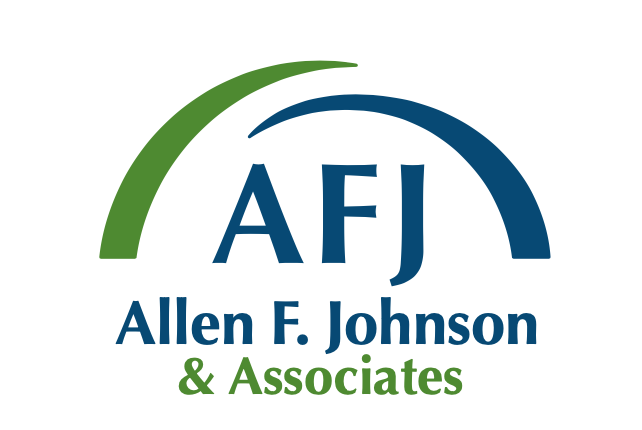
Our Services
Policy and Trade Navigation
International business is directly affected by government policy actions and regulations. Drawing on the AFJ team’s experience in policymaking and solving business and government problems, AFJ can help companies, trade associations, and other institutions to:
Identify policy issues important to their bottom line, including pollical risk and possible outcomes from different policy events.
Implement comprehensive government relations, public affairs, and industry relations programs to avoid and resolve problems.
Develop strategies to stay ahead of trends in government policymaking.
Navigate an industry through the complicated steps required to create a voluntary, state, or federal checkoff program.
Business & Commercial Strategies
Domestically and overseas, AFJ commercial services can help clients provide services, or even perform the services for the client, at the customer or corporate level. Using our network of contacts and drawing on our experience in business and government, we can fill needs and find opportunities; this includes helping companies that do not have a presence in foreign and domestic markets to find clients, identify partners, and promote their services. The AFJ model allows for the creation of alliances structured to share in success, through positive incentives and integrated partnerships.
Additionally, the AFJ team brings domestic business experience, local contacts, and policy links to help create new opportunities for companies in international business. Building on real-world experience, AFJ can help a company take a concept and turn it into a viable business activity, or just help to get over the last hurdle in completing a planned business venture.
Analyze market conditions in the United States and overseas to identify unmet needs and opportunities.
Develop strategies and business plans to take an idea from paper to profit, including through joint ventures or other partnership agreements.
Manage logistical and administrative requirements, including all the steps needed to set up a new business.
Analyze the business environment to identify potential opportunities and risks (both business and political included).
Perform feasibility studies.
Analyze specific markets, including local business, political, and regulatory conditions.
Manage logistical requirements, which includes identifying business sites, hiring, managing registration, regulatory requirements, etc.
Develop marketing and promotion strategies.
Market products and provide support services.
Find suppliers for importers and wholesalers.
Identify customers in U.S. and foreign markets.
Educate partners, staff, and members on key trade issues.
Represent company or industry interests in specific commercial relationships and before governments.
Facilitate government import approval decisions for agricultural and food products.
Develop and implement social responsibility policies.
Serve on corporate boards, committees, and advisory boards.
Management Services
The AFJ Team has years of experience in helping clients to manage business and trade association activities and programs. These management services can be applied to broad industry education, promotion, market development, research, public and government relations, and regulatory programs. AFJ can also focus on specific activities, programs, and projects being pursued by the client.
Manage the day-to-day and executive leadership for a trade association.
Organize administrative requirements.
Conduct research, promotion, education, and market development activities for the benefit of the industry.
Identify growth or new markets for commodities and implement programs to realize that potential.
Represent company or industry interests in specific commercial relationships and before governments.
Work within the value chain of a commodity to conduct programs that will draw customers and consumers to the marketplace.
Educate industry, government officials, media, and the public on the relevance, value, and role of the industry.
Develop and implement social responsibility policies.
Serve on corporate boards, committees, and advisory boards.



